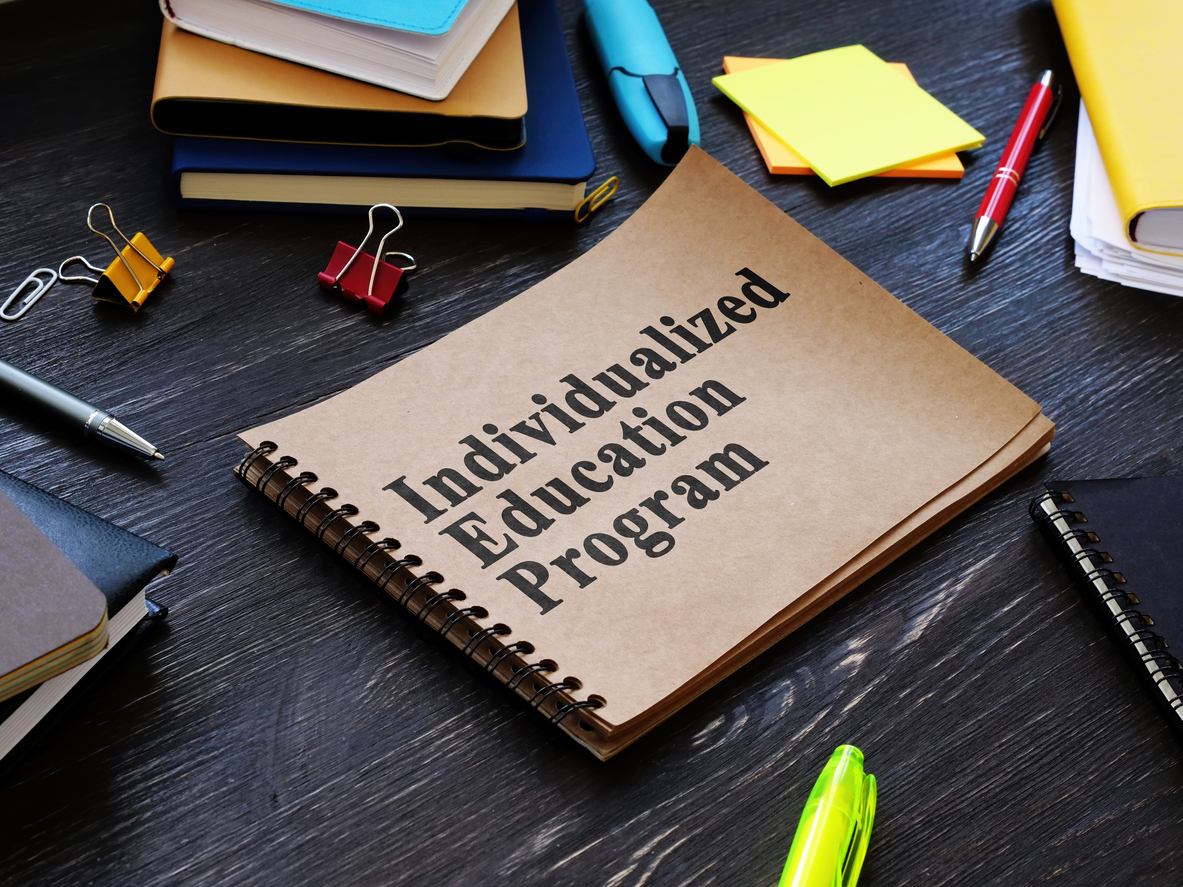
We are all devastated by the school shooting in Broward. Every parent worries about their child’s safety at school when these types of events occur. For parents of children with disabilities, school safety raises a host of issues.
If your child’s disability affects their communication, behavior, socialization, or emotionality, then chances are you have been thinking about school safety for a long time. Maybe you are concerned that your child will be victimized. Maybe you are concerned that your child will harm, or be perceived as a threat to, others. Maybe you are worried about how your child will react in a threatening situation. It is important to speak frankly and openly about these issues.
- Your child has a right to attend school. Fearing for your child’s safety, whether you are afraid for their physical or emotional well-being, is legitimate. More and more lately, I’ve heard of parents removing their children from schools due to safety concerns. Every parent has the right to make that choice for their child, however no one should feel compelled to choose between school and safety. Schools have an obligation to provide the services, resources and accommodations to keep all students, including those with special needs, safe.
- Bullying is a school safety issue. If your child has a disability, and is the target of bullying, then the school has an obligation to address the bullying through the IEP process. A school’s failure to protect a child with a disability from bullying may be considered discrimination. Moving a child without addressing the underlying issues of why they were victimized, and without providing them with the help to overcome the trauma of the bullying, is a cosmetic fix to a deeper issue which may manifest in the future.
- Schools must help children with behavioral and emotional challenges. Children act out for a variety of reasons. Maybe they tantrum or become physically aggressive due to a lack of communication skills. Maybe they make threats to avoid certain anxiety-inducing scenarios. Maybe their disability causes them to self-harm or react violently to sensory stimuli. Schools have an obligation to proactively address these issues through the IEP process.
The IEP process and positive behavior intervention plans actually work to change behaviors. In order to be effective, though, the IEP and behavior plan must be thorough, data-driven and implemented with fidelity through a partnership between the school, family and community.
Unfortunately, many families feel frustrated by the process and, quite legitimately, feel let down by their schools. From the school’s perspective, it may be easier to push out, exclude or isolate these challenging children. But let’s be clear: (1) all children have the right to attend and be safe at school, and (2) the IEP process, when done right, can help keep our children safe. When our children gain the coping, communication and social skills they need to successfully navigate their schools and communities, then we are all safer.
Shahar Pasch is an attorney practicing education law in Palm Beach County.
This blog post is for educational purposes only, not to provide specific legal advice, and does not create an attorney-client relationship between the author and the reader.

